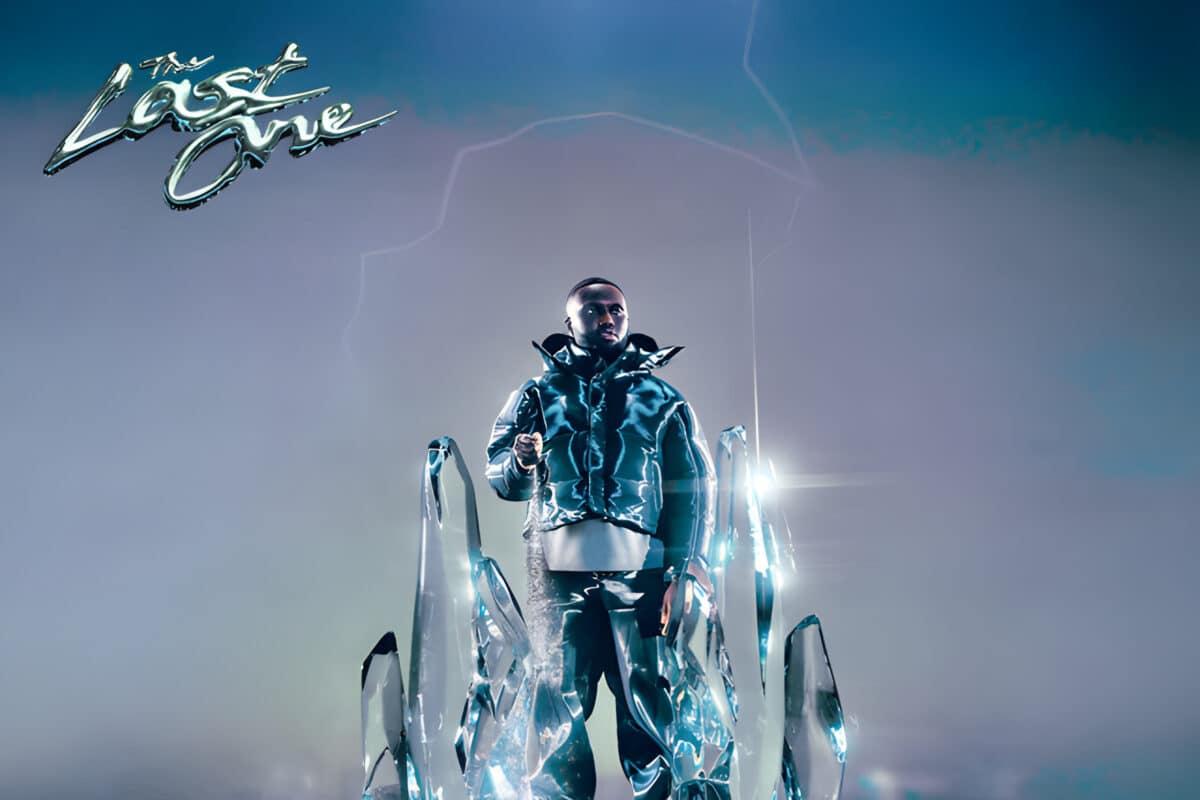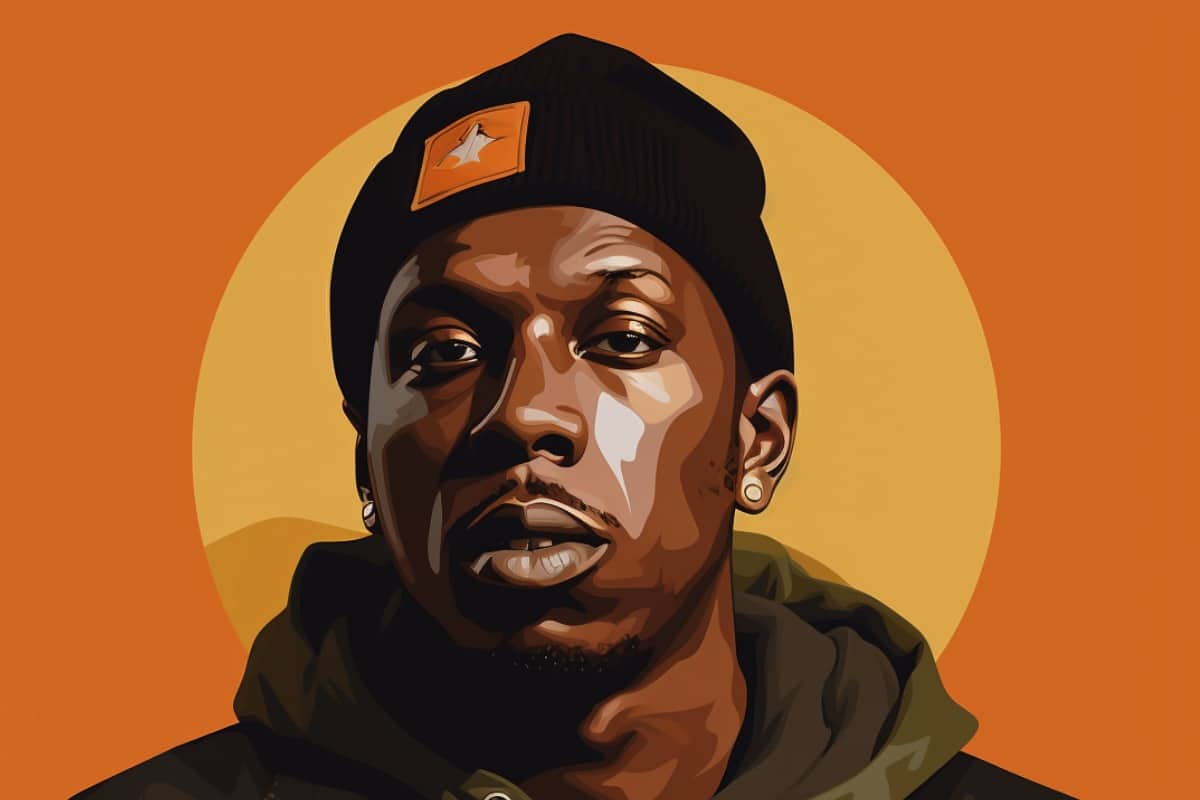Released: 2024
“Martin’s Sofa” by Headie One is a track that speaks of a gritty journey through struggles, dreams, and the raw reality of a life entangled with the streets. Headie One uses Martin’s Sofa not just as a physical place but as a symbol for times of hardship and reflection. This song isn’t just about the hard times; it’s a blueprint of hustle, survival, and the fear of falling back into the lows from which one has risen.
The heart of this song is Headie’s experience with the grim realities of street life, contrasted with the fleeting highs of success. When he mentions “M11 in a bruck down motor, one-way trip to Martin’s sofa”, he’s painting a picture of moving from one point of struggle to another, signifying a journey filled with ups and downs. The “bruck down motor” represents the struggle and resilience, while “Martin’s Sofa” symbolizes a place of temporary rest and reflection amidst chaos. The repetition of this line throughout the song stamps in the idea of life’s cyclical nature—success is often followed by backslides into previous hardships.
Headie’s lines about “Blessin’ all the trap niggas” and references to “trap days” show a nod to those hustling in the streets, all while dreaming of a better life beyond the immediate dangers and temptations of easy money. The complexity of his situation is further detailed with lines like “My intention’s innocent, this bando’s small but I’m dreamin’ big”, highlighting the internal struggle between current circumstances and future aspirations. The substance here isn’t just about the trap life, but about the universal struggle of trying to do better for oneself while being constantly reminded of where you come from.
By talking about his first performance and having to “spud the promoter”, only to return to Martin’s Sofa, Headie One shares the duality of his life—moments of recognition and success in his career, juxtaposed with the stark return to reality and his roots. The fear of returning to those roots “when the fame and the charting’s over” shows his awareness of the music industry’s fleeting nature and the importance of staying grounded.
Moreover, the mention of “My worker tried finessin’ the pack” and subsequent tales of street life hustle reflect the daily adversities and distrust within the game. Yet, the resilience shines through with the line “I need my trap days over”, pointing to the desire for change and the hunger for a stable, lawful life. This desire, however, is tempered by reality—as highlighted in “I’m on my third strike so if I get grabbed, fam, I can’t get bail”, emphasizing the legal dangers that loom from past choices.
Ultimately, “Martin’s Sofa” is a raw and real narrative of Headie One’s journey, reflecting the broader experiences of many caught in the cycle of street life, longing for change, yet constantly battling with the shadows of their past. It’s a powerful reminder of where one has been and the perilous path to where one hopes to be. Through Headie One’s lenses, listeners get a glimpse into the hard truths of a world where every gain is hard-won and every loss deeply felt.






